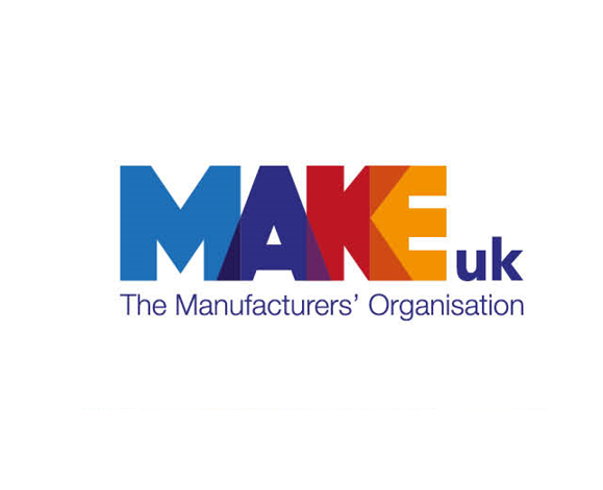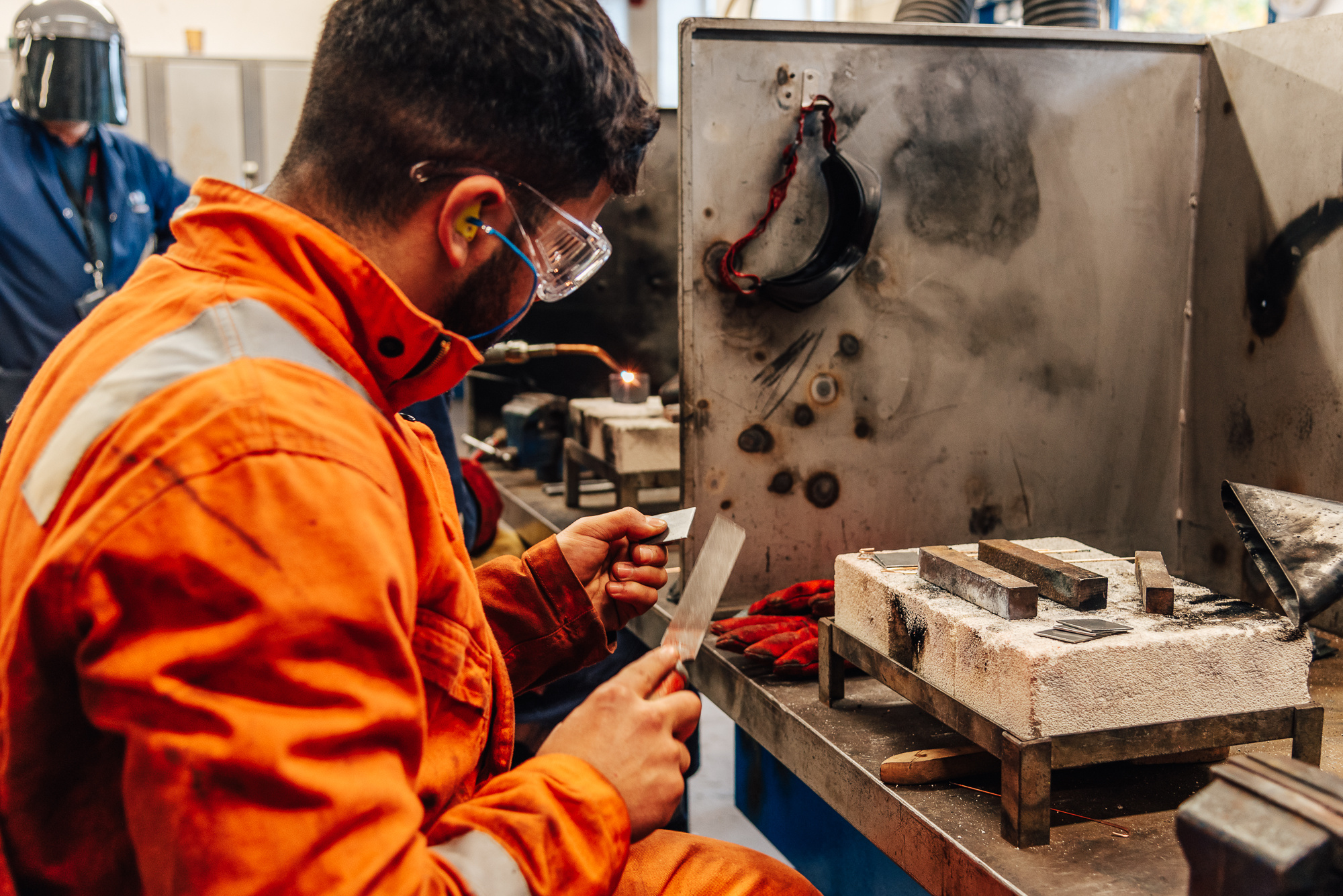Enginuity warns of growing pressure on manufacturing SMEs ahead of the autumn budget
Manufacturing SMEs are sounding the alarm ahead of the Autumn Budget as pressures continue to build across the sector. Enginuity’s latest analysis shows a community that is central to the UK’s economic strength yet increasingly hampered by rising costs, weakening order books and persistent skills shortages.
Manufacturing remains one of the country’s most productive and export-driven sectors, and more than ninety per cent of firms within it are SMEs. Despite their importance, recent months have seen output and orders fall at some of the fastest rates recorded since the pandemic. Many employers report that the combined weight of higher wages, employer NICs, supply chain challenges and inflation is preventing them from investing in the improvements, technology and training needed to support long-term growth. Enginuity’s SME Snapshot indicates that only a minority of firms are currently profitable, and more than half are operating below capacity.
While demand for staff has softened, skills shortages continue to restrict activity. Employers remain reluctant to make redundancies, not because conditions are improving, but because they fear losing vital expertise they may struggle to replace. This dynamic is masking the true scale of the downturn and underlining the need for a more stable and supportive environment for long-term workforce development.
SMEs are calling for the government to prioritise measures that give firms the confidence to invest. Many are backing proposals such as a Skills Tax Credit, which could encourage greater employer investment in essential training and help shift the longstanding cultural barriers to workforce development. Enginuity argues that such measures would unlock significant productivity gains and support a stronger national skills pipeline.
Viki Bell, chief executive of the CEA, said, “Construction is a barometer for the wider economy, and stability in our sector means stability for the country. We understand the pressures facing the chancellor, but growth and investment must remain at the heart of this budget. Our members need the confidence to invest in skills, innovation and cleaner technologies — not uncertainty that slows progress. A clear, long-term approach will give British manufacturing the platform it needs to thrive.”
Enginuity continues to support employers across manufacturing and engineering with data-led insight and practical skills programmes designed to strengthen the sector’s future workforce. Their findings make clear that without targeted support in the Autumn Budget, the UK risks missing the growth potential rooted in its advanced manufacturing base. As the sector looks ahead, the message is consistent: SMEs are ready to drive national productivity, but they need a stable, confident policy environment that enables investment in skills, people and innovation.




